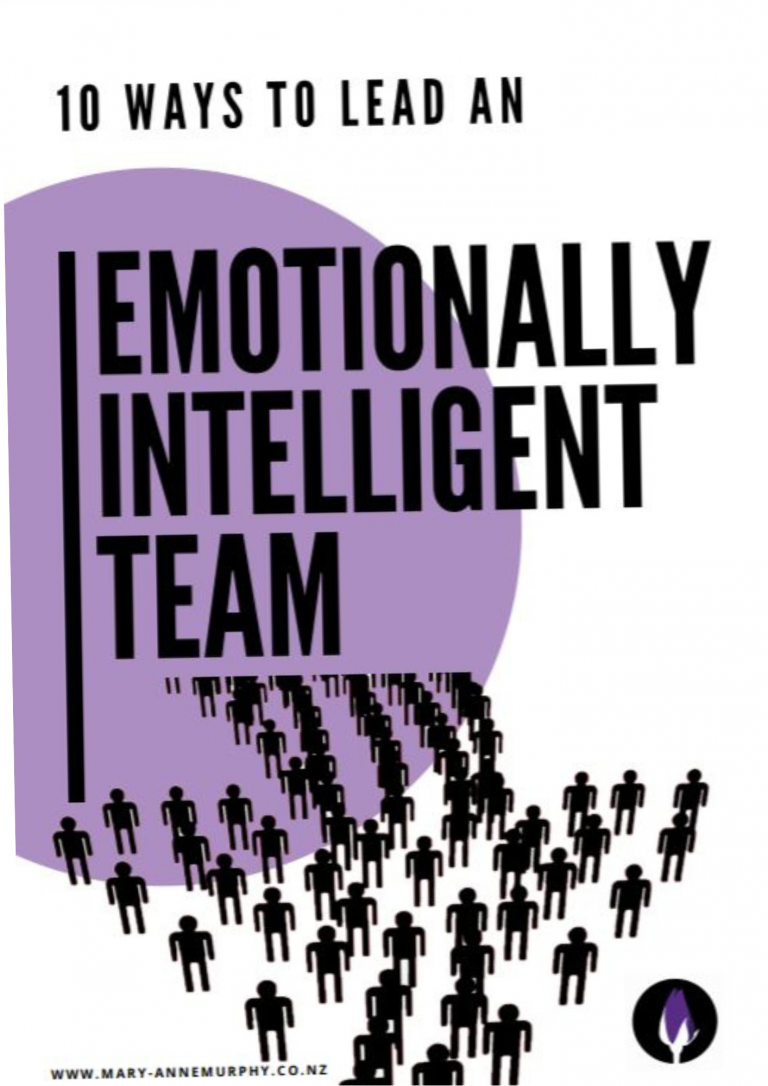To state the obvious, the year has begun.
We have had time to regroup, and connect with new colleagues (albeit interrupted with lockdowns).
‘Ways of working’ agreements have been reviewed or created, systems and processes explained and we have settled into doing the mahi. Tuckman calls this the Forming stage of team development.
The next phase is Storming. This is the phase where norms may be challenged, stress can elevate, values and beliefs are surfaced and rub can occur. For any leader, it is a critical time in how you move through and forward this phase.
It is a time when sense-making (seeking first to understand), active listening, and alignment with organisational values is paramount.
One behaviour I see can become apparent during this time of rub, is issues can become personal, rather than being addressed at a professional level. Ego becomes involved, evoking behaviours such as wanting to be ‘right’, ‘win’ or be seen as being ‘better’ than someone else. Drama then ensues.
One of our jobs as leaders is to support people’s thinking. Cy Wakeman states
“A big part of our role as leaders is to help people overcome their own humanness, without dehumanising them”.
So when we find ourselves or others taking issues to a personal, rather than professional level, there are some questions we can ask to support to relocate our narrative and approach.
1. What’s your story?
In a private space, write down what is happening.
Don’t edit or judge what you’re writing, just let it flow.
Get it all out of your head and heart.
2. Get a highlighter, or just go through and underline every line that is stated as a fact.
3. Go through each of those “facts” and ask yourself: Do I know that for sure? (Is this really a fact, or is it personal, or just part of the story I’m telling myself?).
Separate the facts from your story as rigorously as if you were the editor of a newspaper. Edit out any judgment, any- thing you can’t absolutely know to be true, anything that you couldn’t prove with a source, any assumptions, any assignment of motive, and any premature conclusions.
4. On a separate page, write down the facts that have survived your rigorous questioning.
You will be left with the things you absolutely know to be true. This is your reality. Everything else is your story. Discard, shred, burn, or otherwise drop your story. Focus on the facts – your reality.
5. Ask yourself: What is the very next thing I could do to add value? Do I need to have a direct conversation, or have I realised the issue was with me, not them, and I need to refocus my energies? Take action.



